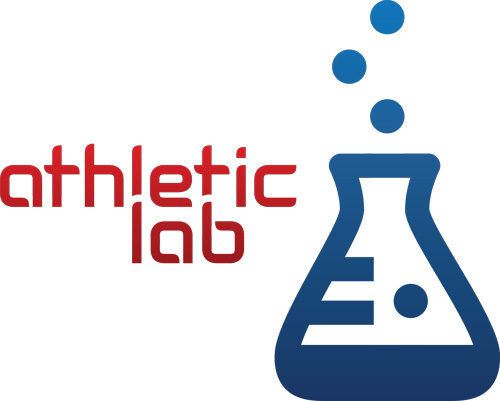Written by: Kristin Bockelman, MS, LAT, ATC
As the leaves change color over the state of North Carolina and the weather starts to cool down, a common activity is heading outside and going hiking in the beautiful NC State Parks! Whether you’re heading to the nearby Umstead State Park or Pilot Mountain, or towards western North Carolina to the Blue Ridge Mountains, there are endless options to enjoy and challenge yourself within the great outdoors.
Hiking can have many health benefits, both mentally and physically. Various research studies have shown that being outside helps provide a multitude of mental benefits such as helping to reduce stress and improve the mood, as well as being a great socially distanced activity. Hiking also has many physical benefits, but climbing up those inclines, and especially on uneven terrain, can lead to injuries if not properly prepared.
Prevention is always the first line of defense for injuries, and hiking is no exception. Hiking injury prevention can include wearing supportive footwear, utilizing trekking poles for added stability, and having a backpack properly fitted to avoid low back or shoulder stress. Having a dynamic warm-up routine can also help prepare your body for a hike as well! This can include things at home like utilizing a foam roller before heading out, but also warm up moves at the trailhead like calf raises, high knees, lunges or squats to help get your blood flowing! Cooling down after the hike is also important, and can include stretching of the calves, hip flexors, glutes and hamstrings. The Athletic Performance Centers also have a variety of recovery tools to assist in getting your body ready for that next hike (or getting over the last one)! We offer sessions of dry needling, Normatec recovery boots, HyperIce percussion therapy, Lightforce Laser therapy, and Instrument Assisted Soft Tissue Mobilization.
Injuries are often unavoidable though, even with proper equipment and taking care of your body both before and after the hike. These injuries can occur both from a fall or a slip on the trail, or developed chronically over time with overuse. Most commonly these injuries affect the lower extremities of the body, specifically the foot/ankle and knee joints. Some common ones that can occur include: plantar fasciitis, Achilles tendinitis, sprained ankles, patellofemoral issues in the knee, IT band irritation or a sprain of one of the knee ligaments. Some of these injuries may need to be first assessed by a physician, but often are referred to physical therapy to aide in your recovery.
If an injury does occur, we are ready to see you at the Athletic Performance Center and get you back outside and hiking up those mountains!
About the Author: Kristin Bockelman MS, LAT, ATC
Kristin Bockelman is a Certified Athletic Trainer (ATC), member of the National Athletic Trainer Association and licensed Athletic Trainer (LAT) through the North Carolina Board of Athletic Trainer Examiners. Kristin graduated from Grand Valley State University in 2012 with her Bachelor of Science degree in Athletic Training. She spent the next 2 years as a Graduate Assistant Athletic Trainer at Georgia Southern University, earning her Masters of Science degree in Kinesiology.
While at Georgia Southern, Kristin was the athletic trainer for the co-ed and all-girl’s cheer teams, and the women’s swimming and diving team. Following Georgia Southern, she spent 4 years as an Assistant Athletic Trainer at Gardner-Webb University working primarily with the men’s and women’s swimming program, as well as being an adjunct professor for the undergraduate athletic training education program.
Kristin joined Raleigh Orthopaedic Clinic in 2018, and prior to joining the staff at the Performance Center, was the outreach athletic trainer for Saint Mary’s School.









